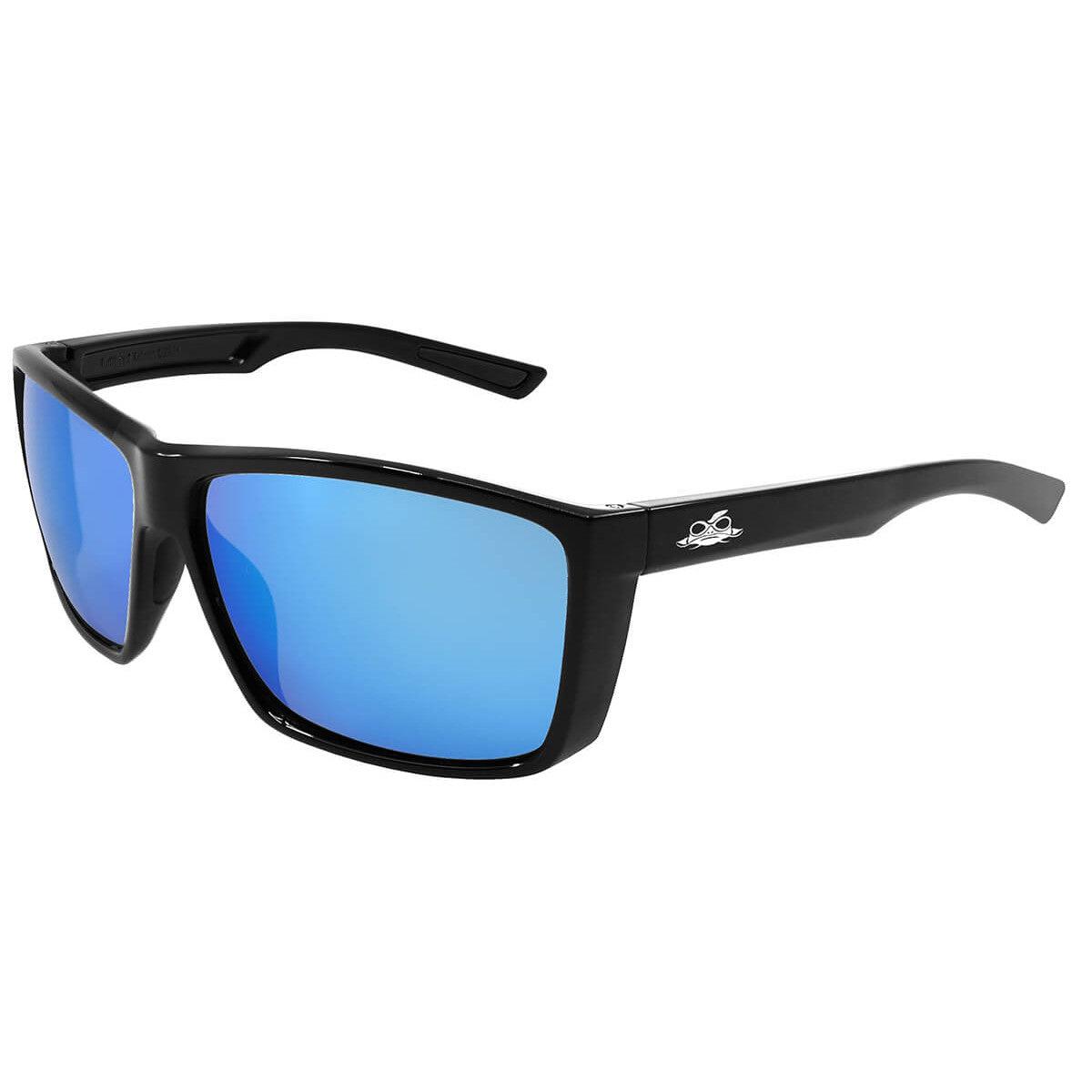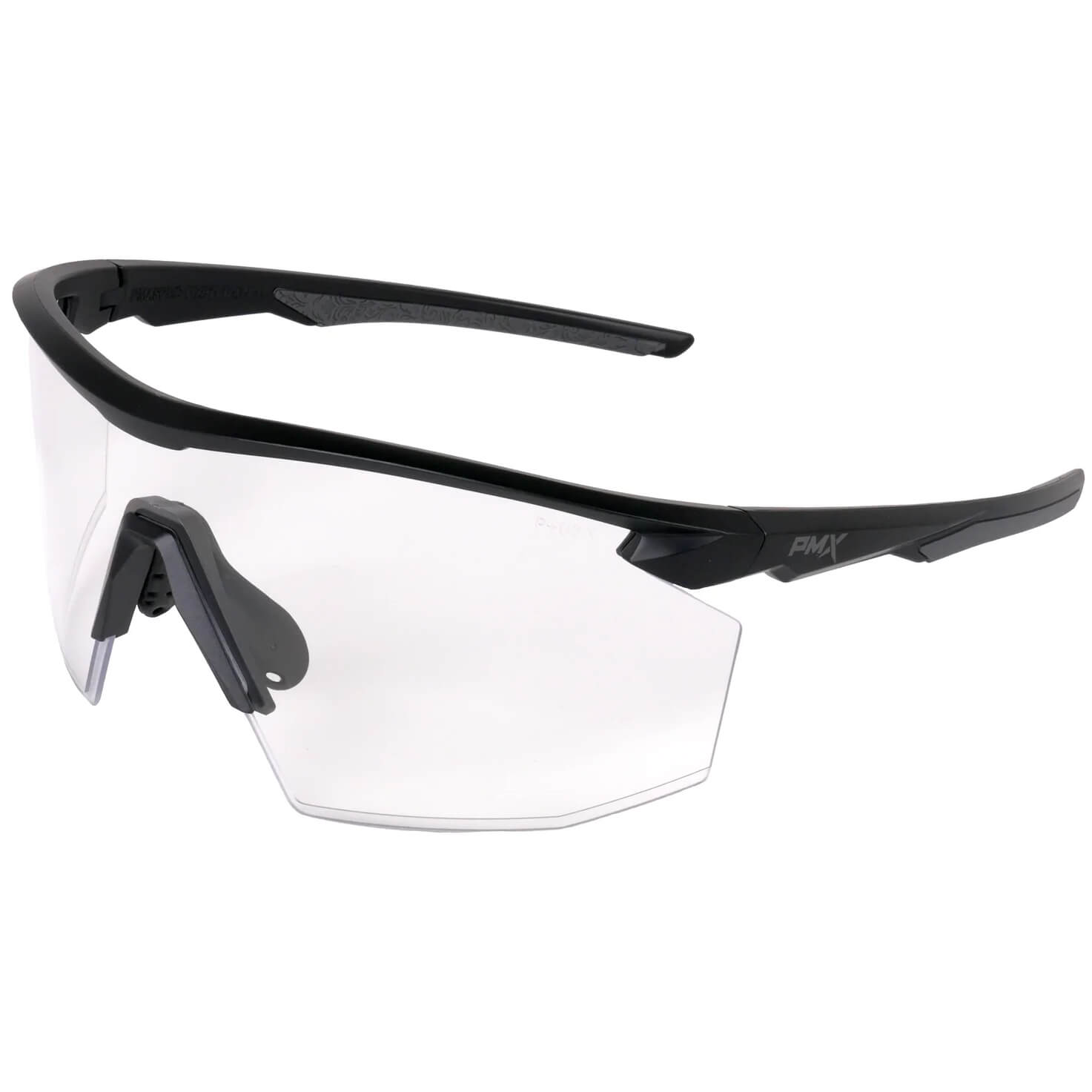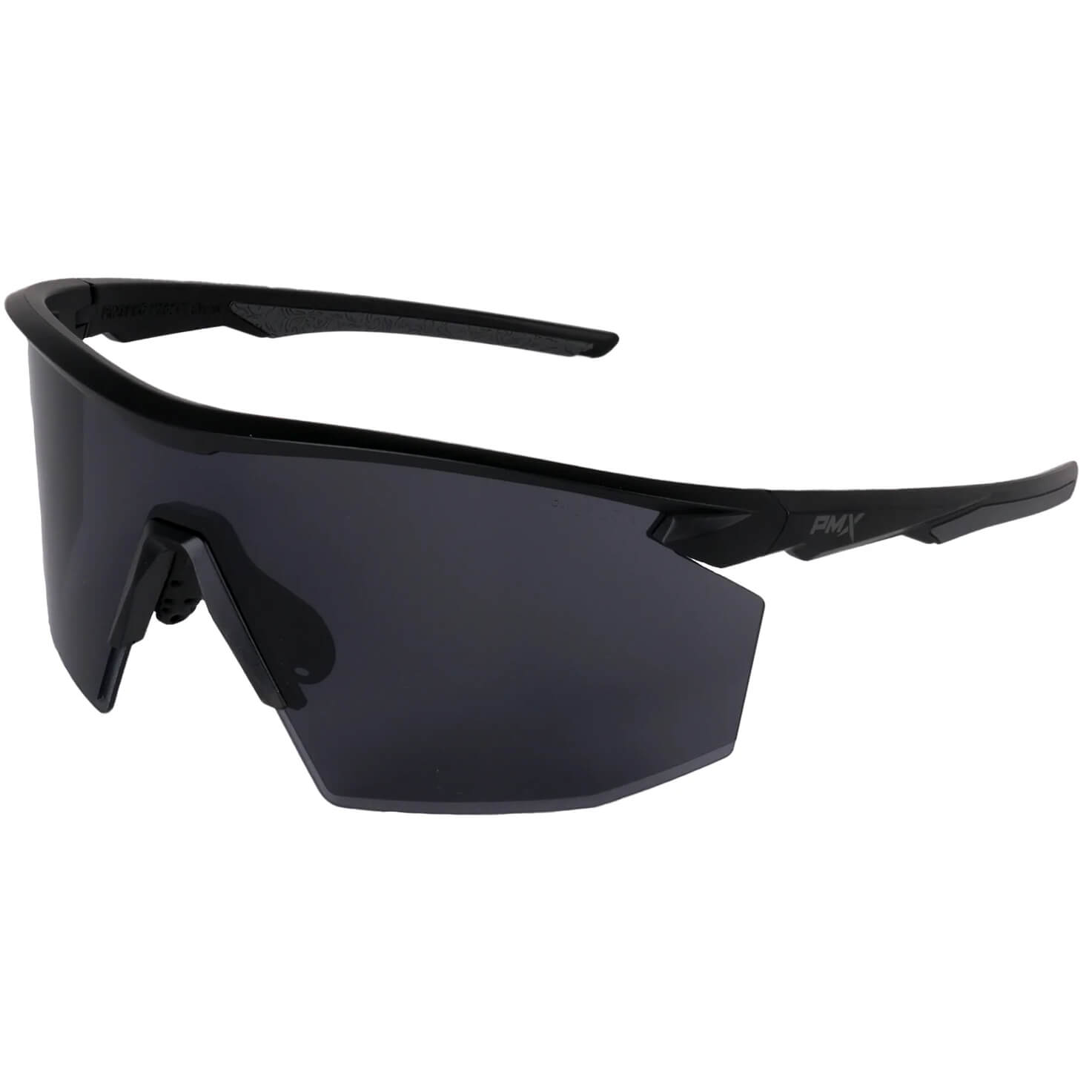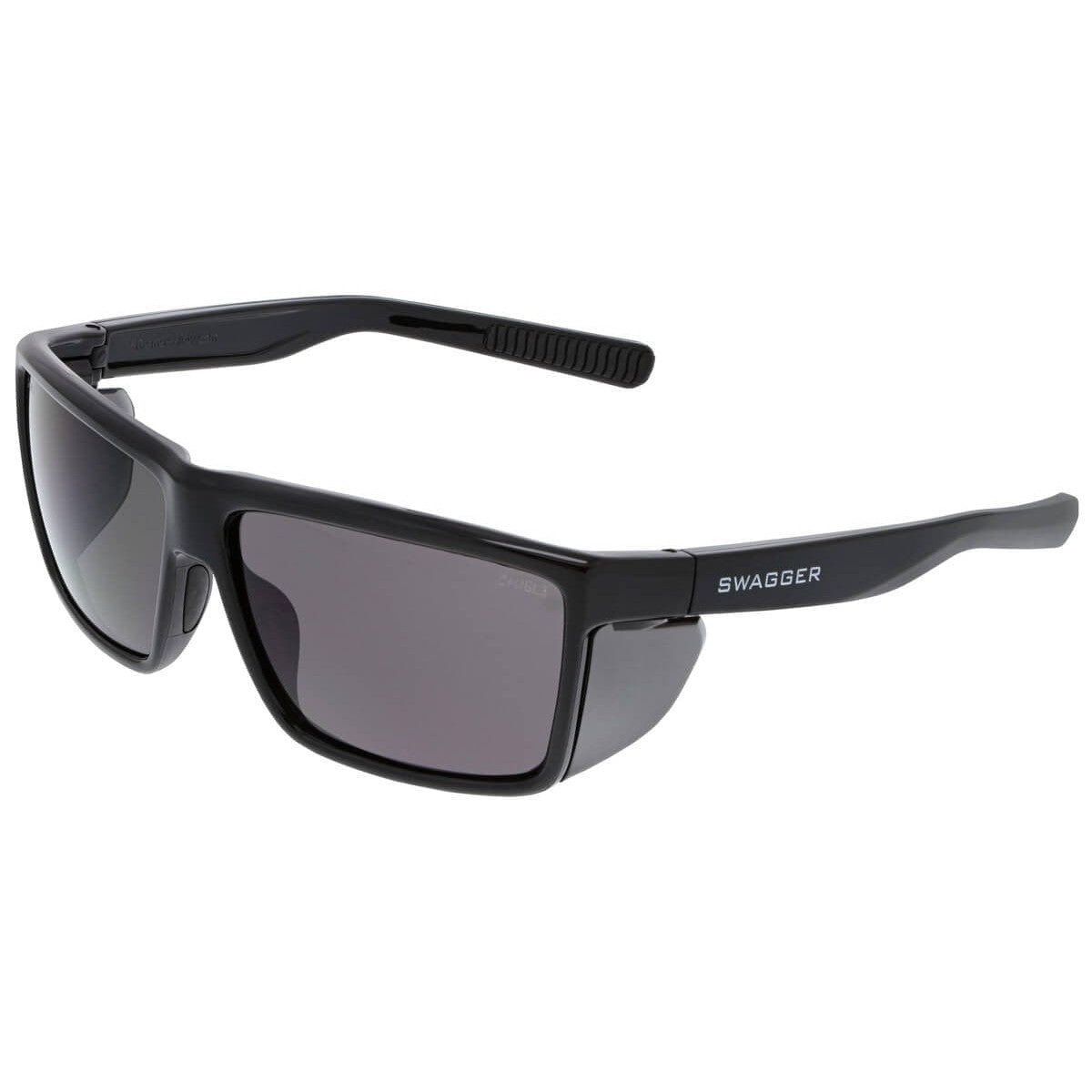According to Dr. Ronald Brand from International Eye Care, wintertime brings a double-exposure danger to eyes. The first threat is from the sun itself. Second, comes from the snow acting as a mirror and reflecting a second dose of UV into eyes.
For this reason, winter is one of the most important seasons of the year to protect eyes from the potentially dangerous effects of the sun. In other words, Dr. Brand stresses the importance of wearing sunglasses in winter.
Top 5 Reasons to Wear Sunglasses in Winter
#1: Sunglasses Reduce Glare
Wintry precipitation coats every surface in water, snow, and ice. The resulting extremely bright reflections can cause glare and severely impair vision. This reflective glare is particularly dangerous while driving, snowmobiling, and skiing.
High-quality sunglasses dramatically reduce glare to provide safer, more comfortable vision. Polarized lenses are particularly effective at shielding eyes from dangerous reflections.

#2: Sunglasses Protect from Harmful UV Rays
Exposure to ultraviolet (UV) radiation is associated with the development of cataracts and age-related macular degeneration.
"First, exposure to UV rays damages your corneas," says Dr. Brand. "Then, in the long term, the eyes' lenses develop cataracts. Everyone's eyes eventually form cataracts as they age, but the process is accelerated by sun exposure."
Most quality sunglasses block 100% of harmful UVA, UVB and UVC rays. They also provide excellent protection to the delicate skin around the eyes. This helps prevent wrinkles and premature aging caused by UV rays. When sun glares off the snow, the issue is compounded. In fact, this alone makes wearing sunglasses in winter essential for long-term eye health.
#3: Sunglasses Protect Eyes from Wind, Dust and Debris
Sunglasses can create an effective wind barrier and reduce the evaporation of natural moisture to help keep eyes comfortable. Wearing sunglasses also keep contact lenses from drying. Sunglasses can also prevent windblown particles from causing corneal abrasions.
Close-fitting, wraparound style sunglasses are particularly effective at preventing injuries from wind, dust, and debris. Some lenses even have special Hydrophobic coatings. This coating repels dust, water, oils, fingerprints and lotions to aid in keeping eyes safe and vision streak-free.

#4: Sunglasses Reduce Headaches and Eyestrain
Pupils control how much light reaches the light-sensitive retina in the back of the eye. In dim light, pupils dilate to allow as much light in as possible. When light is bright, pupils constrict to prevent too much light from striking the retina.
With extremely bright conditions, the pupil cannot constrict enough to reduce light exposure to a comfortable level. This causes squinting in an attempt to further reduce the amount of light entering eyes. Squinting and the constant constriction of pupils leads to headaches and eyestrain.
Sunglasses help reduce the amount of light that reaches eyes. In turn, this increases comfort and reduces the painful side effects of fatigue. For many, photochromic lenses — lenses that automatically darken in the presence of bright light — provide the best approach for protecting eyes against bright lights and for reducing eye strain.

#5: Sunglasses in Winter Improve Vision
Eyes require just the right amount of light for good vision and long-term health. Too little light is as bad as too much. Also, excessive glare, such as that from the sun hitting off the snow, causes light-induced "bleaching" of the retinas and reduces visual acuity. For these reasons, buying high-quality sunglasses is essential for healthy eyes and improved vision.
Dr. Brand recommends higher-end sunglasses for the best protection and for superior optical clarity.
"I would say the biggest difference between $10 drugstore sunglasses and high-quality sunglasses is the ophthalmic ground lenses rather than the pieces of plastic you find in cheap sunglasses. The optic quality and comfort of ophthalmic lenses is so superior, I don't think people can really appreciate the difference until they've experienced it."
Take the advice of the experts. Avoid the double-exposure damage possible to eyes during the wintertime by wearing high-quality sunglasses all year long.







